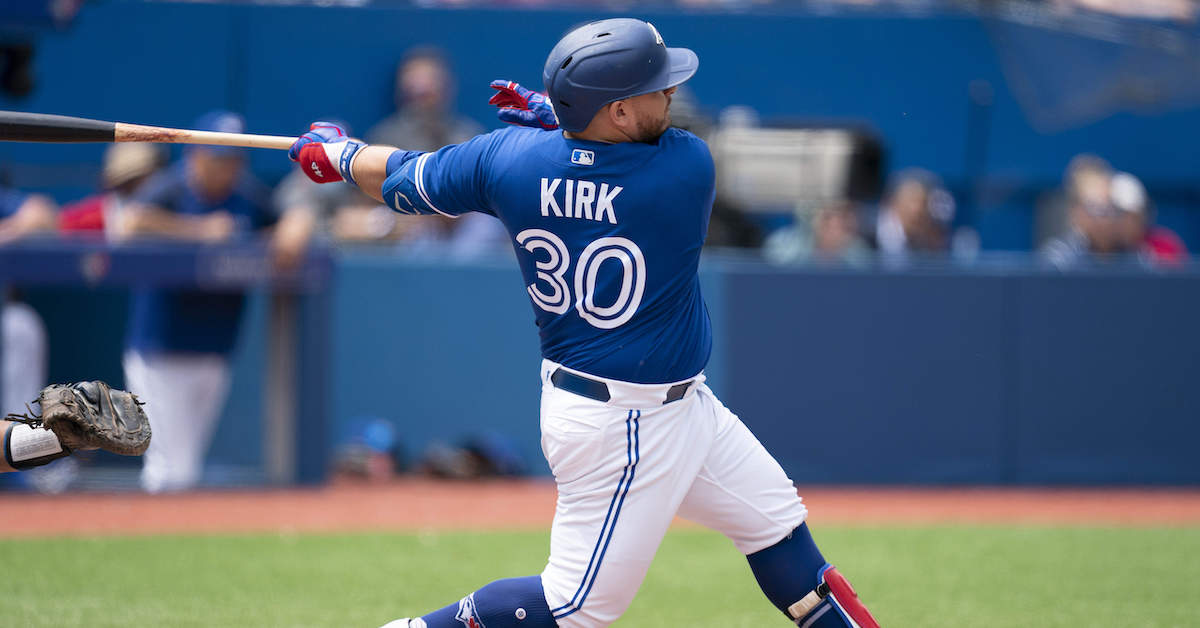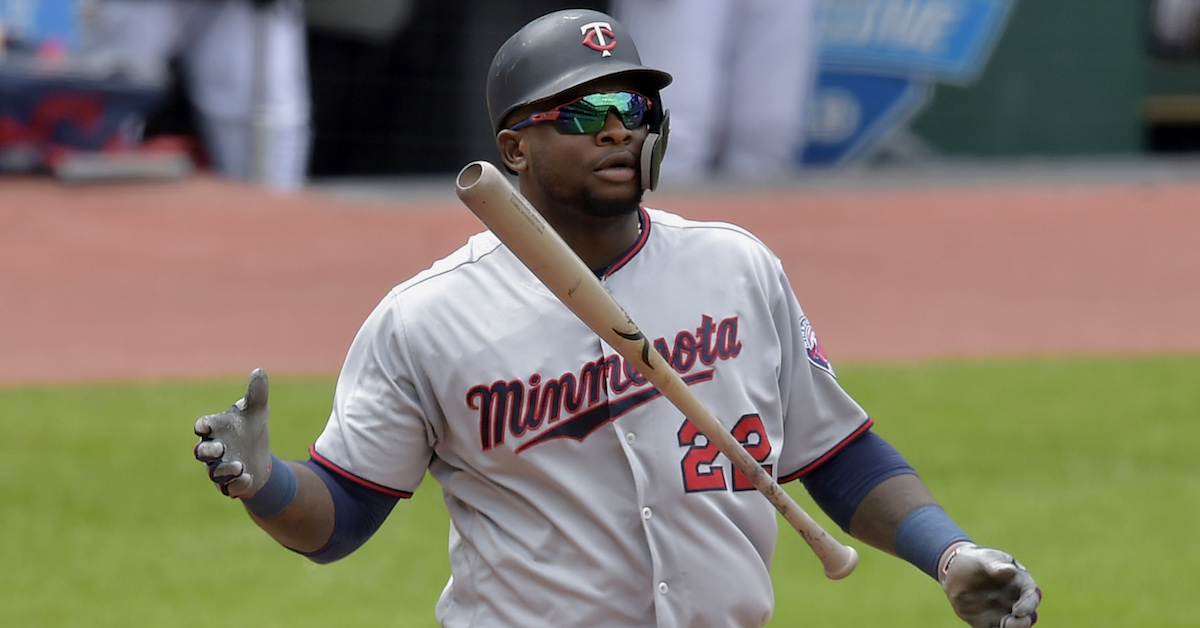Mentored by Nolan Arenado, Trevor Story Likes To Keep Hitting Simple

Trevor Story is an accomplished hitter. The 29-year-old Boston Red Sox infielder was a stalwart in the middle of the Colorado Rockies’ lineup prior to this season and has 173 home runs and a 110 wRC+ over six-plus MLB campaigns. Twice a National League All-Star, Story blasted 37 home runs in 2018, and he followed that up with 35 more in 2019.
His first go-round in the Junior Circuit has been of the up-and-down variety. Signed to a six-year, $140 million free-agent deal by Boston in March, Story has 15 long balls to his credit, but just a .221/.289/.423 slash line. Currently on the injured list with a hand contusion, the Irving, Texas native is expected to return to the Red Sox lineup in the near future.
Story discussed his evolution as a hitter earlier this week.
———
David Laurila: Nolan Arenado and Daniel Murphy, players with different approaches to their craft, were among the earliest interviews for my Talks Hitting series. [Links here and here.] Which of your former Rockies teammates are you most similar to that regard?
Trevor Story: “It would be Nolan. He was a mentor to me my first few years, and we still talk the game a lot. Nolan pretty much taught me how to pull the ball the right way. But knowing yourself as a hitter… just like Murph did. Murph knew himself, and he knew that he was going to be thinking the other way or thinking up the middle. There are obviously different schools of thinking, and I would say I’m closer to Nolan, trying to get the ball in the air pull-side.”
Laurila: What about in terms of analytics? When I spoke to them, Arenado was all about keeping things as simple as possible, while Murphy was very in-depth and detailed. Have you delved into analytics much over the years? Read the rest of this entry »








